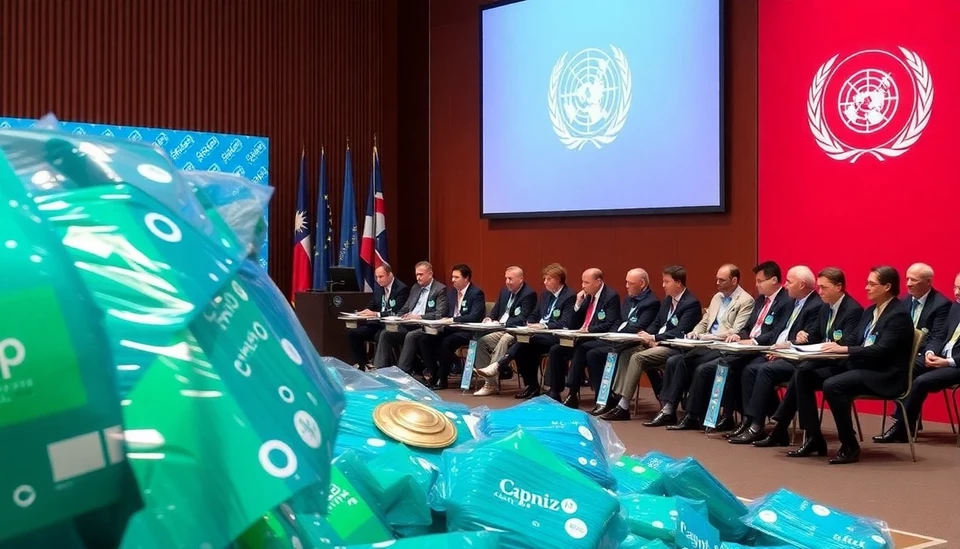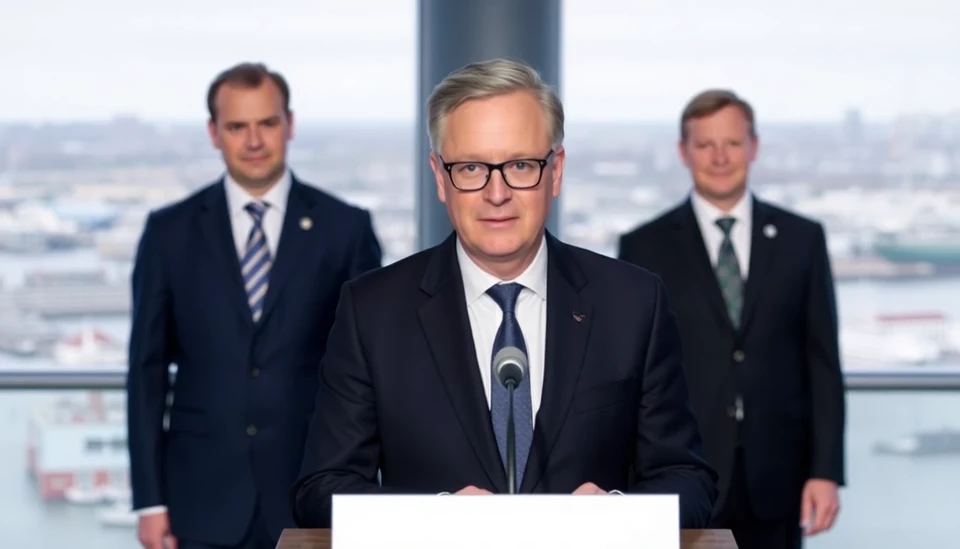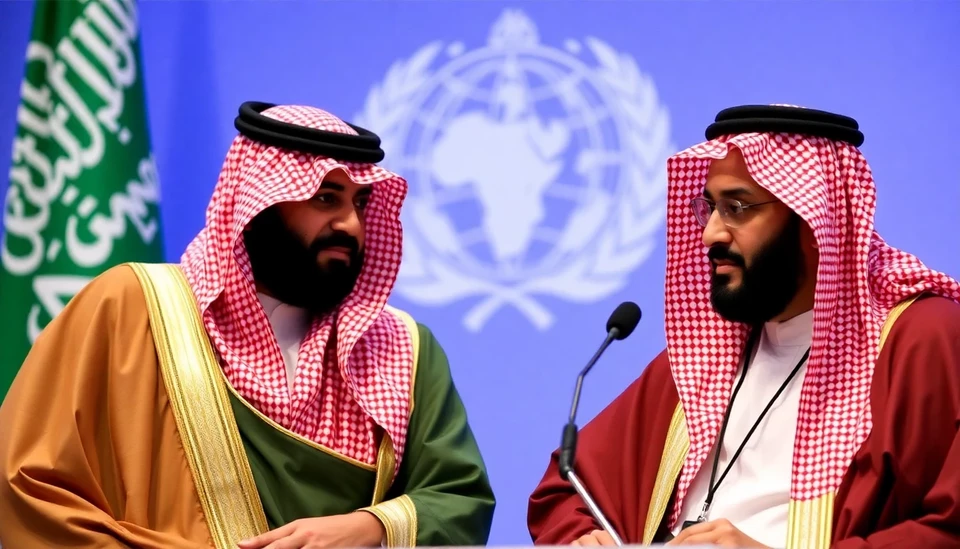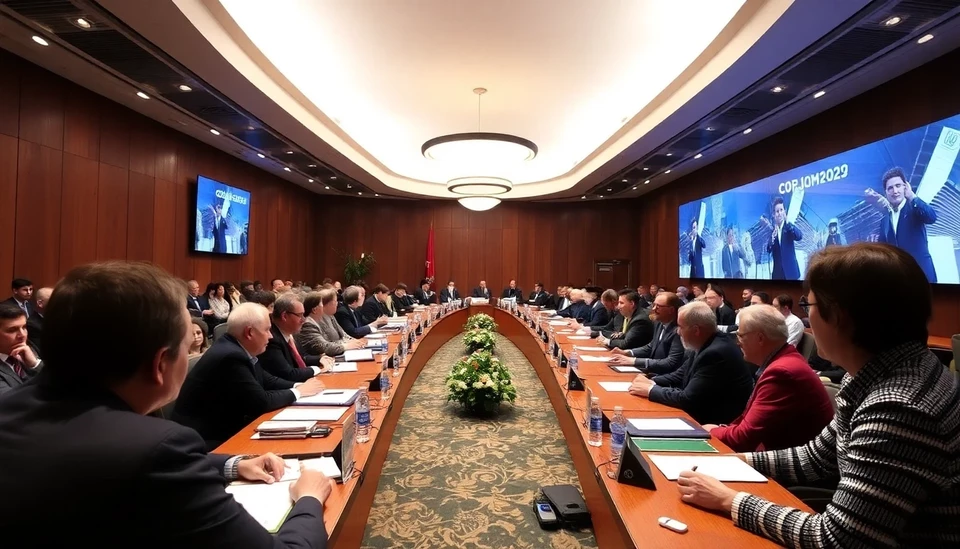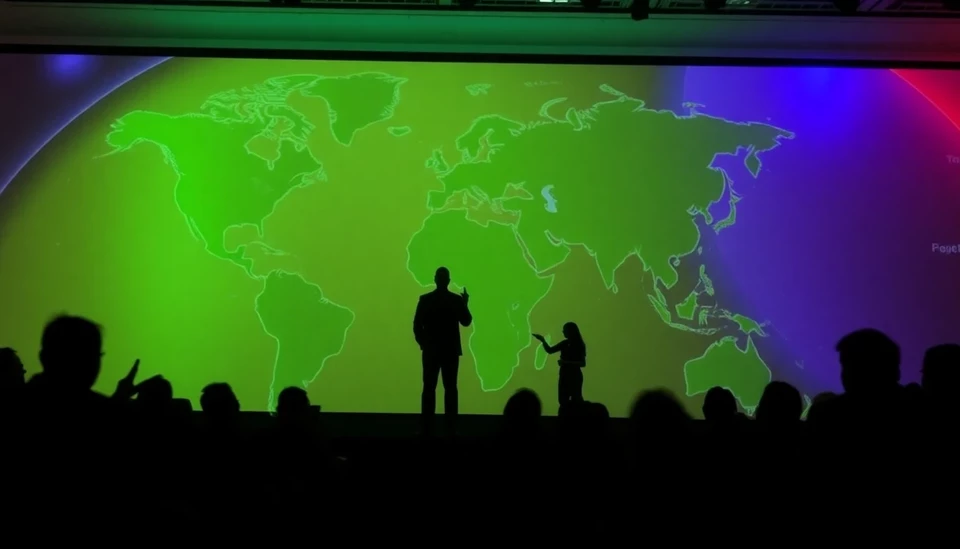
In a significant breakthrough for climate action, the COP29 summit has concluded with a pivotal agreement that aims to reshape global environmental policies and commitments. The conference, held in the bustling city of Caracas, Venezuela, brought together world leaders, environmental advocates, and industry experts to negotiate strategies to combat climate change effectively.
This year's gathering marks a dramatic shift in the tone and urgency of the climate dialogue. With the polar regions experiencing unprecedented warming and extreme weather events becoming the new norm, delegations arrived with a profound sense of responsibility to act. The deal reached is touted as historic, aligning commitments across multiple countries and sectors to not only curtail greenhouse gas emissions but also to invest in renewable energy solutions.
Key components of the agreement include a framework for aligning national climate plans with measurable targets and timelines. Countries that are major carbon emitters have pledged to halve their emissions by 2030. This ambitious goal will require a concerted effort from both developed and developing nations, which will lead to unprecedented cooperation in the field of technology and finance.
One of the most talked-about elements of this year’s summit was the establishment of a global funding mechanism aimed at supporting vulnerable nations in their transition towards greener economies. This fund, backed by contributions from wealthier nations, is projected to raise billions of dollars that can be distributed to aid developing countries in implementing sustainable practices.
Furthermore, the agreement underscores the importance of transitioning to renewable energy sources such as wind, solar, and hydroelectric power. Attendees emphasized the vital need for countries to move away from fossil fuels and embrace solutions that not only mitigate climate change but also enhance energy security.
Another striking feature of the COP29 discussions was the panel laid out for youth activists, bringing voices from the next generation into the spotlight. This inclusion reinforced the summit's commitment to intergenerational equity and highlighted the urgent call for not only accountability from current leaders but also engagement from young environmental stewards worldwide.
Despite the agreement's optimistic tenor, challenges remain. Negotiators had to navigate complex geopolitical dynamics, with certain nations reluctant to relinquish their reliance on fossil fuels. The discussion on loss and damage reparations for countries disproportionately affected by climate disasters continued to be contentious, revealing deep disparities in responsibility and vulnerability among nations.
In the aftermath of the COP29 summit, world leaders return to their countries with the onus of translating these commitments into actionable policies. The agreement’s success will largely depend on its implementation at national levels and the ability to hold each other accountable in the years to come.
As climate advocates herald this deal as a major victory, the ongoing commitment from individuals, businesses, and governments will be critical to achieving the long-term goals set forth at COP29. The coalition built during this summit may very well set the precedent for future negotiations, paving the way for a more sustainable future.
In summary, COP29 has undoubtedly made significant strides in addressing one of the most pressing issues of our time. The path forward remains complicated, but with the shared commitment from diverse nations, there is hope that a greener and more sustainable world is within reach.
#COP29 #ClimateAction #SustainableFuture #RenewableEnergy #GlobalWarming #ClimateChange #YouthActivism
Author: Sophie Bennett

